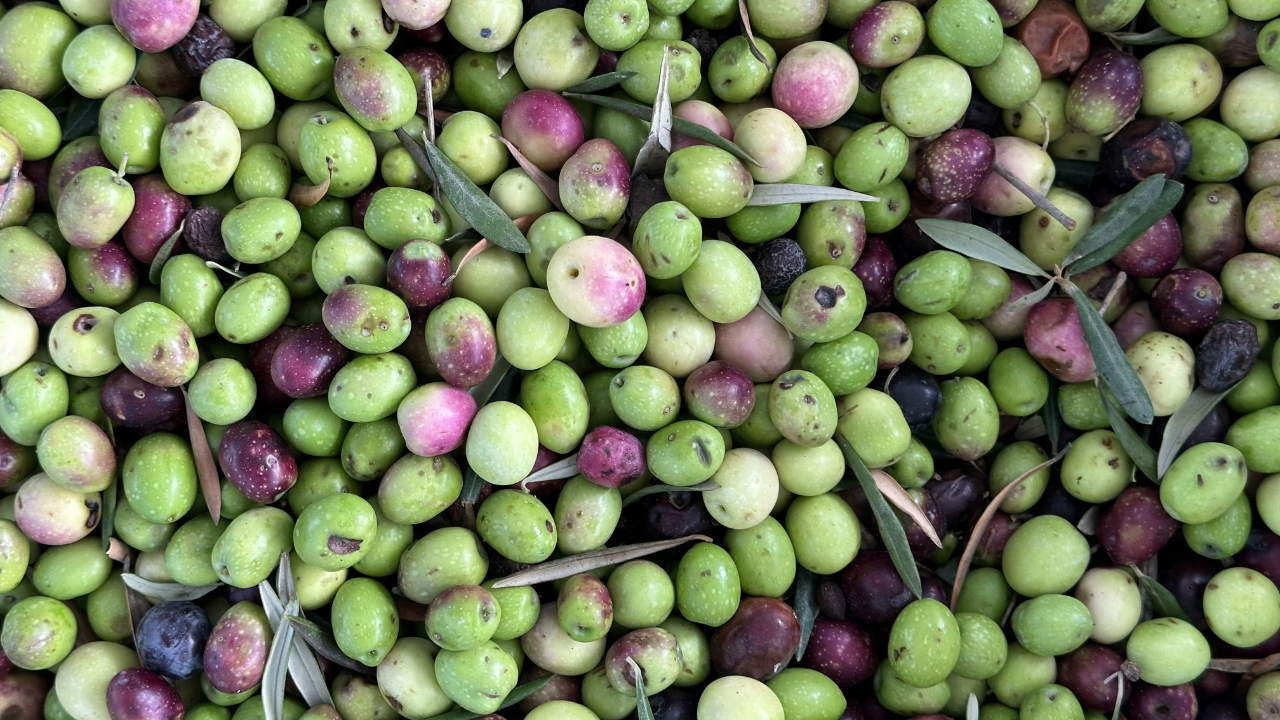Ditch the Fads: Why the Mediterranean Lifestyle is the Secret to Better Digestion
Jan 16, 2025
If you’ve ever felt overwhelmed by the endless cycle of diet trends—low-carb one minute, plant-based the next—you’re not alone.
Before I started my career in health, even though I grew up in a household that prioritised wholesome food, I still found myself swept up in the hype of every new “miracle” eating plan. Every single time, I ended up right back where I started a few months later.
I was constantly confused by the conflicting and often extreme diet advice. I didn’t know what I was supposed to eat, and that was 12 years ago! Today, with the rise of social media, the noise has only gotten louder.
But what if you didn’t have to jump from one trend to the next? What if there was a simple, sustainable approach to healthy eating—one that’s stood the test of time and is backed by decades of solid science?
Enter The Mediterranean Lifestyle, a way of eating that prioritises fresh, whole foods, supports long-term health and helps to foster a healthy gut microbiome. This isn’t just a diet; it’s a way of life that’s rooted in simplicity, balance, and enjoyment of food.
(For my clever friends - yes, this is an extension of 'The Mediterranean Diet'. But who likes the word ‘diet’ to describe a long-term way of healthy eating? Not me.)
What is the Mediterranean Lifestyle?
The Mediterranean lifestyle is inspired by the traditional eating patterns of countries bordering the Mediterranean Sea—Greece, Italy, Spain, and southern France. But it’s not about rigid rules or restrictions. Instead, it focuses on:
- Fresh, Whole Foods: Think colourful vegetables, fruits, whole grains, legumes, nuts, seeds, and high-quality proteins like fish and poultry.
- Healthy Fats: Olive oil is a staple, providing heart-healthy monounsaturated fats that are known to reduce inflammation and lower cholesterol levels.
- Moderate Dairy: Small amounts of cheese and yoghurt are included, providing calcium and probiotics.
- Seafood Over Red Meat: Fish and shellfish are eaten regularly, while red meat is enjoyed only occasionally.
- Herbs, Spices, and Flavours: Fresh herbs, garlic, lemon, and spices are used to flavour dishes.
- Mindful Eating: Meals are savoured, shared with family and friends, and enjoyed without distractions.
Why It Works for the Long Term
Unlike restrictive diets that focus on cutting out food groups or obsessively tracking calories, the Mediterranean lifestyle is about inclusion, not exclusion. This makes it not only more enjoyable but also more sustainable for the long term.
Plus it's Backed by Science
The benefits of the Mediterranean lifestyle are well-documented in scientific literature. Studies consistently show that it can help:
- Promote a healthy gut microbiome balance due to its high fibre content and diversity of plant-based foods.
- Improve heart health by lowering cholesterol and reducing blood pressure.
- Reduce the risk of chronic diseases, such as diabetes, obesity, and certain types of cancer.
- Support mental health—thanks to omega-3-rich foods like fish and the anti-inflammatory properties of fresh produce.
- Enhance longevity, with people in Mediterranean regions living some of the longest, healthiest lives in the world.
Let's Avoid the Next 'Diet Trend'
The beauty of the Mediterranean lifestyle is that you don’t have to chase the latest fad. You can stay in your lane, knowing that you’re following an approach to eating that’s supported by years of research and real-world results. Instead of restricting food groups, it focuses on including fresh, minimally processed foods—an approach that’s been shown to promote better digestion and improve overall health. Most importantly it nourishes your body and leaves you feeling satisfied.
How to Get Started
Making the shift to a Mediterranean lifestyle doesn’t require an overhaul of your kitchen. You can start with small, manageable changes:
- Stock up on olive oil and use it as your primary cooking fat.
- Fill half your plate with vegetables at each meal.
- Swap refined grains for fibre-rich whole grains, like quinoa, farro, or rye sourdough bread.
- Eat oily fish twice a week—salmon, sardines, or mackerel are great choices.
- Snack on nuts and seeds instead of processed snacks.
- Add fresh herbs and spices to your cooking for extra flavour
- Incorporate gut-friendly foods like leafy greens, chickpeas, and artichokes, all known for their prebiotic fibre content.
- Add fermented foods such as yoghurt or kefir to introduce beneficial bacteria into your digestive system.
- Slow down and enjoy your meals—whether you’re eating alone or with loved ones.
Final Thoughts: A Lifestyle, Not a Quick Fix
The Mediterranean Lifestyle is about more than just food. It’s about connection—connecting with your meals, with the people around you, and with a way of eating that feels both nourishing and joyful. Rather than being another diet trend, it offers a simple yet powerful approach to long-term health.
By focusing on fresh, whole foods and enjoying meals in a balanced way, you can create a way of eating that not only supports your physical health but also enriches your life.
So, next time you’re tempted by a flashy new diet trend, take a breath and keep it simple. Fresh, whole foods, healthy fats, and a mindful approach to eating. As I say to my client's, 'channel your inner Italian'.
Brooke x
If you’re ready to resolve your gut issues, my program Reduce the Bloat: Your 28 Day Guide is for you! Read more about it HERE.

